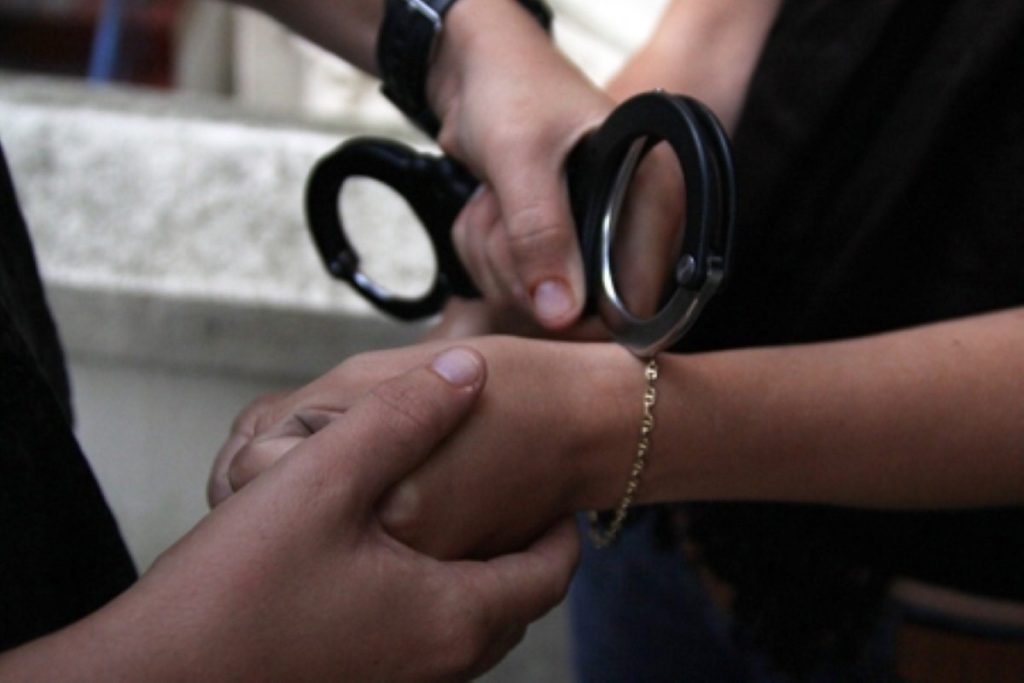New report provides more evidence of how drug decriminalisation saves lives
As Britain significantly ratchets up the war on drugs with the psychoactive substances bill, the parliament in Ireland is investigating alternatives. Chief among them is Portugal, which has experimented with decriminalisation.
Their findings? Drug use did not increase, drug trafficking did not increase, drug users did not flock to Portugal from other countries, drug deaths are down and a great deal of money has been saved in police and court costs.
The Houses of the Oireachtas' justice, defence and equality committee met with various experts and parliamentary committees in Portugal before compiling the report. They found the same thing everyone else finds: it has been an enormous success.
As the Home Office itself reported, there has not been a lasting or significant increase in drug use since decriminalisation in 2001. Fewer young people are addicted to any drug. Whereas right-wing parties originally opposed the move, all political parties in the country now support it. Deaths from HIV and Aids have also fallen. That compares favourably with Sweden, which operates a no-tolerance policy and has very high drug-related deaths.


Even the Home Office tacitly admits that it works. Take this excerpt from the Lords debate on the psychoactive substances bill last week. Lord Bates is responding for the government when he is asked to comment on the Portugal example. This is his reply:
"The Drugs: International Comparators report, which was referenced by several noble Lords, is clear that the success in Portugal cannot be attributed to decriminalisation and dissuasion panels alone. While drug use went down and health outcomes went up, there was at the same time a significant investment in treatment, which has already been referred to. That is an important part of it." [italics added]
Not only does the Home Office have to admit that Portugal worked (hat-tip to Norman Baker for getting the research done and published while embedded in the Home Office) but they're forced to tacitly admit that it has had at least some role in reducing use and improving health, even if they insist it's not the whole story.
And they're right – it isn't. As the Irish committee found, Portugal's record is down to a coordinated purposeful programme intended to help drug addicts turn their lives around. Responsibility for drugs was taken from the justice department and given to the health department, with two new addiction bodies set up to coordinate public health responses.
Anyone caught with drugs for personal use (there are very precise weights for what that entails) must report to a Commission for Addiction Dissuasion within 72 hours. The centres are local, allowing addicts to hold down a job and complete treatment. A positive discrimination system was introduced giving employers tax breaks to take on recovering addicts while releasing them for treatment. Without a criminal record, many were able to turn their lives around.
The programme is funded by the health budget and national lottery funds, but the Irish committee found it may have actually saved the state money through savings to police time, criminal investigations, legal aid costs, court time and reduced health spending as a result of a decline in HIV and Aids cases.
None of this is unknown to the Home Office. After all, it was only last year they themselves released the report detailing what a success the Portugese initiative was. But now they aggressively pursue another route entirely and try to ban all psychoactive substances, despite evidence from Ireland and Poland that it does more harm than good. It's the policy equivalent of losing one leg and deciding to saw off the other.

